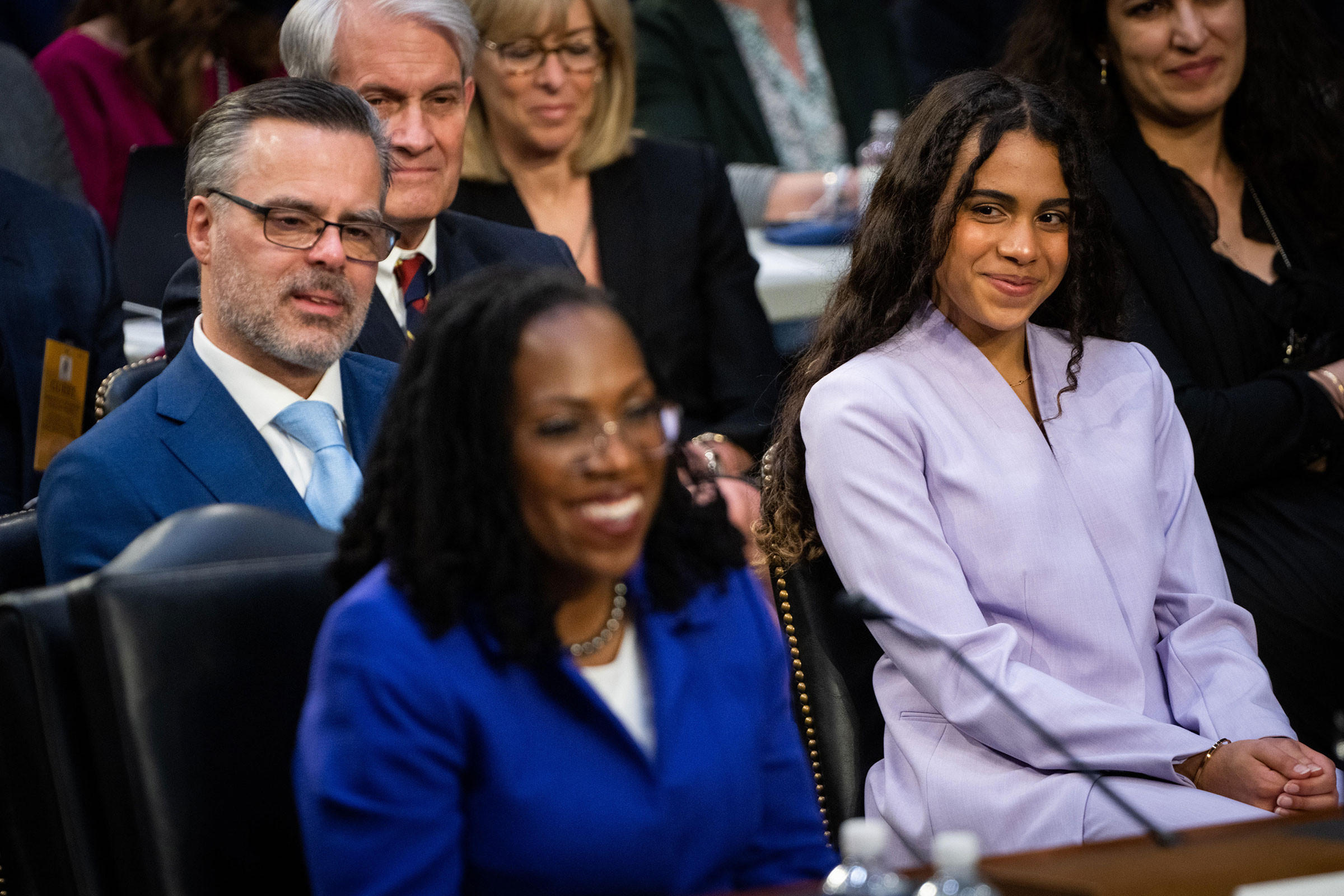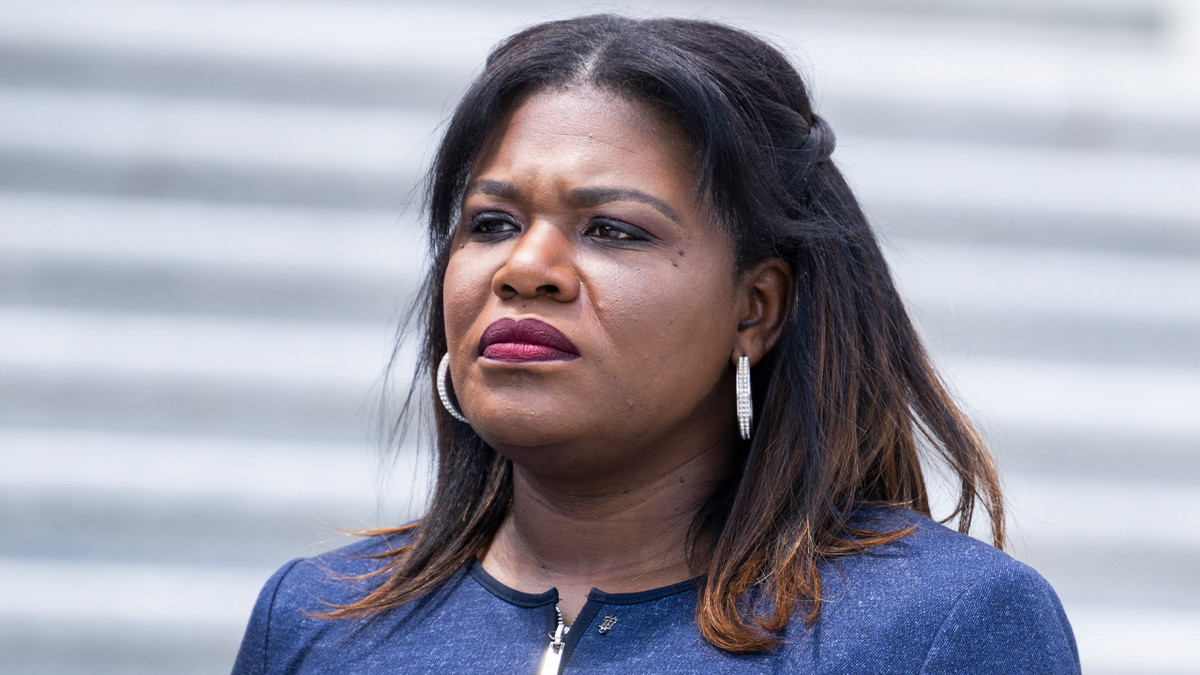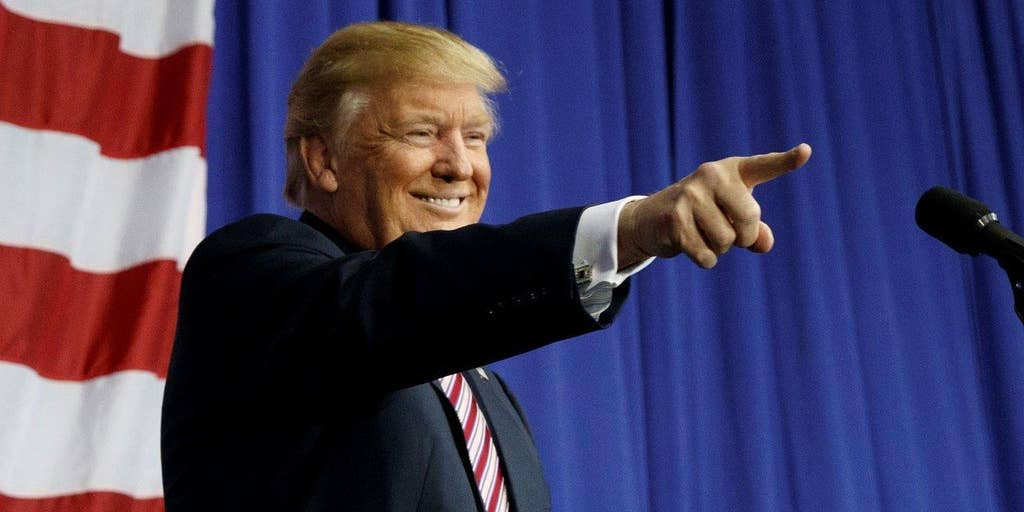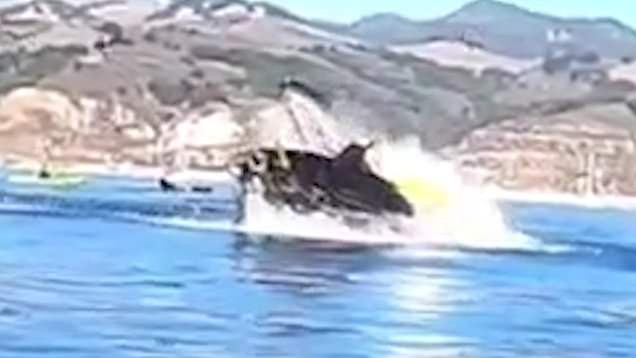Eastwood says he will continue to be an active MP, and to build the case for a new Ireland.
The party, which strongly opposed Brexit, believes the partition of Ireland is coming to an end, and is campaigning for a “shared home place for all our people”.
“Now is a big moment for a change for a new Ireland,” Eastwod said, “And I want to make a contribution to that.”
He is the party’s sixth leader and the fifth since the signing of the Good Friday agreement in 1998.
But in 2001, three years after the Good Friday agreement, it started to lose ground to Sinn Féin which is now by far the dominant voice of nationalism.
Although Eastwood was widely praised for his own articulate media performances, the 2022 Stormont assembly election saw the SDLP lose four seats meaning it had to go into opposition because it did not have the numbers to take part in the mandatory coalition.
Last year the party lost 20 seats in local elections. It now has 39.
Acknowledging the SDLP’s declining electoral fortunes he told the news conference that “this is a difficult context for the middle ground”.
Possible successors to Eastwood include the party’s other MP, Claire Hanna, and Matthew O’Toole, the party’s leader in Stormont.
Hanna recently said she so opposed Eastwood’s plan in 2019 to enter a partnership with Fianna Fáil south of the border that she considered resigning and forming a new party. The plan came to nothing.
O’Toole previously worked as a civil servant in the Treasury and was a Downing Street spokesperson.
Brian Feeney, a former SDLP councillor and nationalist commentator in the Irish News, said in a recent column that it was time for the party to “find a role commensurate with its size and accept it’s a small party with patchy ageing bourgeois support in niche areas across the north with no USP (Unique Selling Point).”
Coincidentally, the Ulster Unionist party (UUP), the dominant unionist party at the time of the Good Friday agreement, is also looking for a new leader after Doug Beattie announced he was stepping down.
The UUP has also seen its fortunes fade; in its case the Democratic Unionist party (DUP), once led by Ian Paisley, is now the leading voice of unionism.
It’s expected that the new leader of the UUP will be Mike Nesbitt, a former television news presenter and current health minister in Northern Ireland.
It will be a case of back to the future as he previously led the party between 2012 and 2017.
During that time when the UUP and the SDLP were overshadowed by the DUP and Sinn Féin he said: “Vote me, you get Colum. Vote Colum, you get me.”
Eastwood's Legacy: A Balancing Act
Colum Eastwood has been a significant figure in Northern Irish politics for nearly two decades. He was elected to Derry City Council at just 22 and became the youngest Mayor of Derry at 27. His rise through the ranks of the SDLP was rapid, culminating in his election as leader at the age of 32 in 2015.
Eastwood’s leadership of the SDLP has been marked by both successes and challenges. He has been praised for his articulate media performances and his commitment to building a new Ireland. However, the SDLP has faced significant electoral decline during his tenure, losing ground to Sinn Fein in both the Assembly and local elections.
Eastwood's decision to enter a partnership with Fianna Fáil in 2019, while intended to bolster the party's position, was met with resistance from some within the SDLP. The partnership was later abandoned, and Eastwood's leadership was further challenged by the party's poor performance in the 2017 general election, where they lost all three of their MPs.
Looking Ahead: A New Era for the SDLP?
With Eastwood stepping down, the SDLP faces a crucial period. The party must decide how to navigate the changing political landscape in Northern Ireland, where Sinn Fein has become the dominant force in nationalism. The party will also need to address its own internal divisions and find a way to revitalize its electoral fortunes.
Claire Hanna, who is widely considered to be the frontrunner to replace Eastwood, faces a significant challenge. She will need to unite the party behind her and articulate a clear vision for the SDLP’s future. If she is successful, she could lead the party into a new era, but she will face stiff competition from a resurgent Sinn Fein.
Eastwood’s legacy will be debated for years to come. He was a talented politician who made significant contributions to Northern Irish politics, but he was ultimately unable to reverse the decline of the SDLP. His successor will have to find a way to revitalize the party and find its place in a changing political landscape.
What's Next for Colum Eastwood?
While stepping down as leader of the SDLP, Colum Eastwood has made it clear that he intends to remain as the MP for Foyle. He is expected to continue his work on the New Ireland commission, which he helped to establish in 2021. The commission aims to facilitate discussions and debate surrounding Irish unity, a topic that is becoming increasingly relevant as the political landscape in Ireland evolves.
Eastwood's decision to remain in Westminster suggests that he still has aspirations to play a significant role in shaping the future of Northern Ireland and Ireland as a whole. It will be interesting to see what path he chooses to take in the years to come.
A New Leader, A New Beginning
The SDLP is facing a critical juncture. The party's decline in recent years has been undeniable, and the loss of a charismatic and experienced leader like Colum Eastwood will not make the path forward any easier. The party's future will depend on the leadership of its successor and their ability to adapt to the changing political landscape.
The coming months will be crucial for the SDLP. The party must find a way to revitalize its electoral fortunes and regain its position as a significant force in Northern Irish politics. Whether it can achieve this will depend on the vision and leadership of its new leader.

















